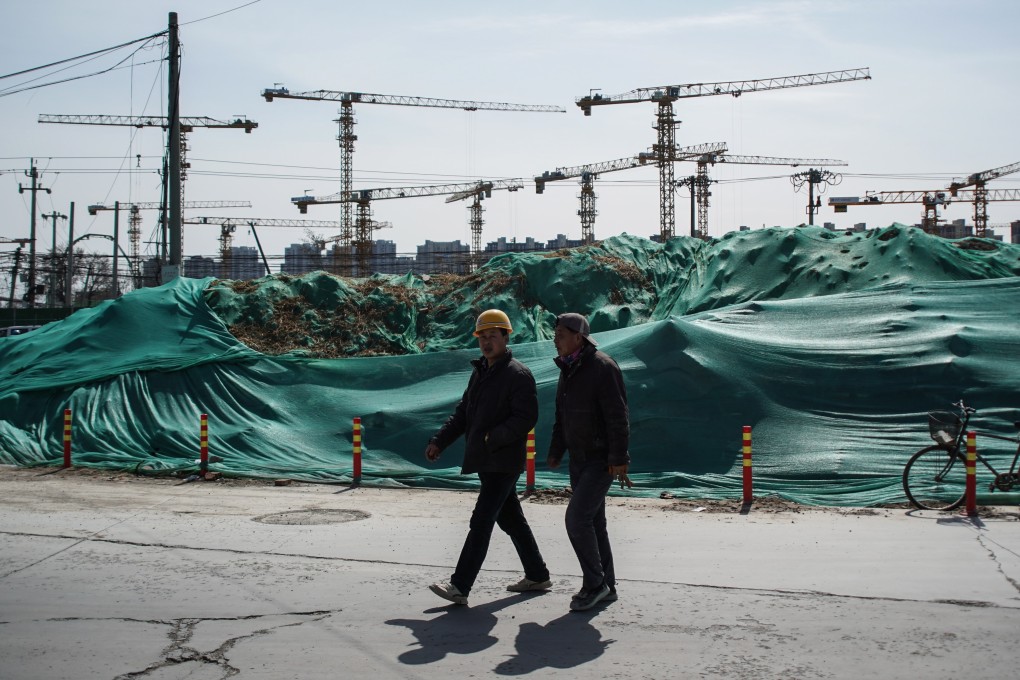Advertisement
A fifth of Chinese developers face insolvency as investors grow tired of repeated bond extensions, S&P Global warns
- A looming insolvency crisis puts as much as US$88 billion of distressed bonds at risk, says the ratings agency
- Investors will soon lose patience and press their claims through the courts or debt restructuring, S&P warns
2-MIN READ2-MIN
5

At least a fifth of rated Chinese property developers will end up becoming insolvent, putting as much as US$88 billion of their distressed bonds at risk, according to S&P Global Ratings.
While some developers have resorted to debt extensions and bond exchanges to buy time to avoid default, investors will soon lose patience and press their claims through the courts or debt restructuring if a recovery of the sector does not play out by the first quarter of 2023, the ratings agency said.
Exchanges and debt extensions have been the two most common ways for Chinese developers to resolve their bond default risks.
Advertisement
Guangzhou R&F Properties, for example, recently received approval to regroup all 10 tranches of its offshore bonds worth a total of US$4.94 billion due between now and 2024 into three amortisation notes that mature in 2025, 2027 and 2028, giving it three to four years of breathing room as it struggles to raise cash.
But “this forbearance may not continue,” said S&P. “If a sales turnaround is not forthcoming, investors will reject repeated extensions.
Advertisement
“The end of the beginning is at hand for China developer defaults.”
Advertisement
Select Voice
Select Speed
1.00x
